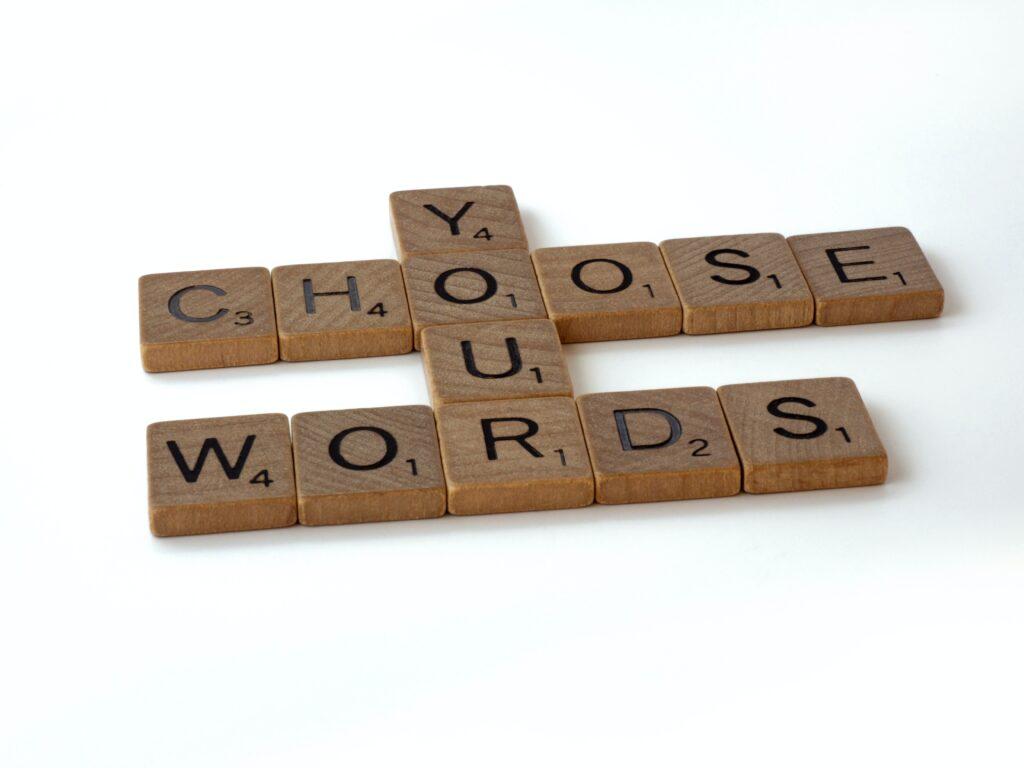In the age of social media, using jargon and short forms has really changed the way we communicate. Often a time, we even interchange slang words, and sometimes, they may not even make any sense. But even when it comes to slang words, such as yay, yeah, yea, or yayayay, they need to make sense given how we casually use them in our day-to-day conversations now.

We use slang words in not just our social media conversations, but also when we are talking to someone in person. Jargon is used in several freelance writing niches. But even in that case, you need to be sure of what these words mean or how they are to be represented, so your communication makes sense.
So, in this piece, I am going to talk about the difference between these four words: yay, yeah, yea and yayayay. By the end of this article, you would realize that these tiny things make a huge difference. Of course, they do. We always knew that. The trivial details DO matter. So let’s just focus on the details here.
Let’s Start with ‘Yay’
YAY! I finally got my degree!
Now that makes sense, yes? That’s it. That is the way you use yay. ‘Yay’ is a word. I mean, even Microsoft Word accepts it and does not create a red line underneath.

Anyway, moving on. People use the word yay to show their enthusiasm for something. Like I did in the first sentence of this heading. You do not use the word yay or interchange it with yea or yeah. Yay has a different meaning of its own. Now what does yay mean in texting?
Sometimes people use it in sarcasm – when they are not excited about something and have to show their excitement forcefully (which is just mean btw…) or when someone is genuinely happy for you or something.
When do we Use ‘Yeah’ and how?
Yeah ya. I get what you mean.
This is a common one. Sort of common knowledge, I would say. But let’s just talk about it for the sake of clarity. The ‘yeah’ is like the way we learn to acknowledge something when we are in our teen hours. It is not to be used in any celebratory manner or for an event. Basically, it is slang for the word ‘yes’.

And what does yeah mean in texting? Simple. You agree with them. For instance:
Yeah, I agree with what you are saying
And there’s that. Period. Nothing complicated.
Yea Vs Yeah – When to Use what?
So imagine you are in for a quick voting session. Your boss or coordinator says:
People in favor say yea and those against say nay
So that’s when you differentiate between yea and yeah. Basically, yea is an informal yeah. Proper slang words people use in informal, quick conversations.
At the same time, yea CAN NOT be confused with yay. Yay is an expression for excitement, whereas yea is a yes. On the other hand, while yea is mostly informal, Microsoft Word also recognizes it and does not indicate it as incorrect.

So yea, you can use it when writing articles and content. Depends on the tone of the piece.
Finally, Yayayay!
Now, this is the one that MS Word gladly labels as incorrect and offers a weird autocorrect. Some of freelance comedy writers can use yayayay in their writing. But let’s not get into it.
So the Urban Dictionary believes that there are two ways to use yayaya and I agree. The first way is when people want to repeat something someone just said. For instance:
Yayaya I get what you mean and what about it?
In the same way, yayaya can be used in sarcasm as well.

The other use is when you are SUPER excited about something and cannot stop typing ‘yay’. For example:
I have finally saved up enough money to buy a car!! Yayayayaya!
And there’s that.
SO!
The thing about slang words is that we love to use them and we have gotten quite used to using them in our regular conversations as well. But just like any form of communication, they need to make sense. Regardless of in what context you are using them, it just needs to make sense.

So there you have it — some common slang words and how they can be used.
Would love to write on more similar topics, so do share your suggestions. Yep, I do love doing that!
See you all soon.
Merry Christmas and a Happy New Year!
Distance hugs,
Vasy Kafidoff
- How to Use AI to Write Blog Posts?Harnessing AI to write blog posts can significantly streamline content creation, enhancing efficiency and consistency across articles. By using AI tools, bloggers can generate initial drafts, refine content for SEO, and maintain a consistent publishing schedule, effectively boosting engagement and search engine visibility.
- How to Write a Blog Post Quickly? This is the Question!Writing a blog post quickly is all about using effective strategies. By organizing your thoughts, setting clear goals, and utilizing helpful tools, you can produce high-quality content efficiently. If you need assistance with content writing, reach out via the contact form on this website.
- Scouting Talent: My Two Cents on Where to Find Stellar Blog Writers!Unravel the mystery of finding the perfect blog writer for your needs with our comprehensive guide. Explore top platforms for hiring freelance writers and learn from the pros about their best practices. Plus, gain insight into the world of blog writing, costs, and why you might consider hiring a professional team.
- Where To Find Free Images For Your Blog: 10 Best WebsitesAre you searching for ways to add visually-appealing images to your blog without breaking the bank on expensive stock photos? Our article offers a detailed list of websites where you can find top-quality images for free, as well as valuable advice on how to select and incorporate them into your blog content. Whether you need striking nature photos or authentic human portraits, we’ve got you covered. Start crafting captivating blog posts today!
- Content is King, But Editing is the Crown: Why Marketers Need Copy Editors?In the fast-paced world of marketing, producing high-quality content quickly is a must. But in the rush to get content out the door, mistakes can happen. That’s where copy editors come in. By reviewing and revising content, they ensure that it is accurate, engaging, and on-brand. In this article, we explore why copy editors are essential for marketers, and how they can help improve the quality and effectiveness of your written content.
